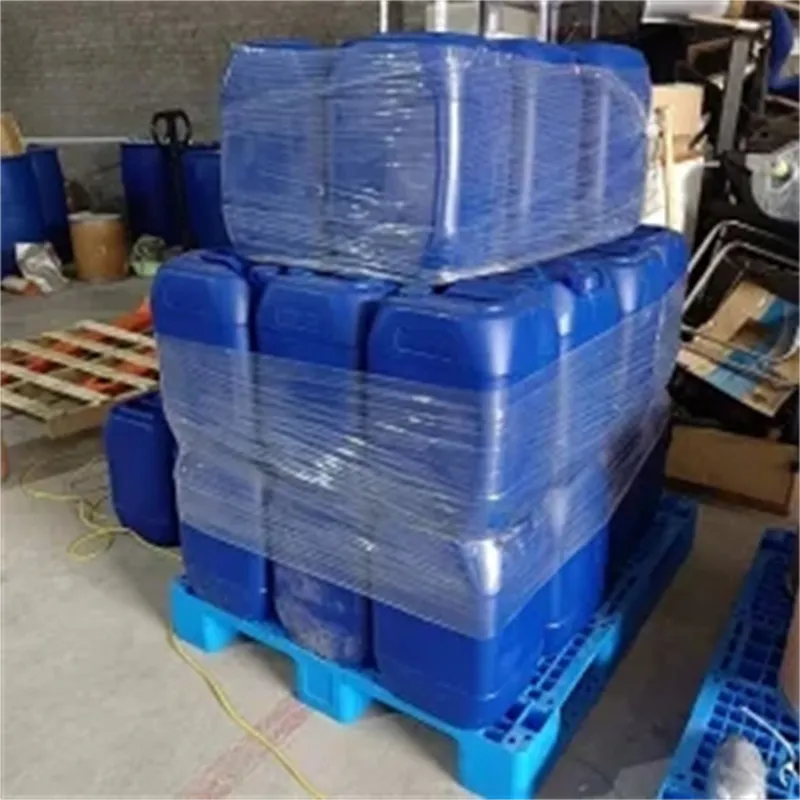
Understanding the Types and Functions of Commonly Used Food Preservatives
Understanding Preservatives Their Importance and Usage in Food
Preservatives are substances added to various products, particularly foods, to prevent spoilage and extend shelf life. They play a crucial role in food safety and quality by inhibiting the growth of harmful bacteria, molds, and yeasts. With a growing global population and increasing demand for long-lasting, safe food options, preservatives have become a staple in the food industry. This article will explore the different types of preservatives used in food, their functions, and their implications for health and nutrition.
Types of Preservatives
Preservatives can be classified into two main categories chemical preservatives and natural preservatives.
1. Chemical Preservatives These are synthetic substances specifically developed to delay the spoilage of food. Common chemical preservatives include - Sodium Benzoate Often used in acidic foods, sodium benzoate is effective against yeast and bacteria. - Potassium Sorbate Used in dairy products, baked goods, and beverages, potassium sorbate inhibits mold and yeast growth. - Sulfites Commonly found in dried fruits and wines, sulfites prevent browning and spoilage but can trigger allergic reactions in some individuals.
2. Natural Preservatives These are derived from natural sources and are often preferred by health-conscious consumers. Examples include - Salt One of the oldest preservatives, salt draws moisture out of foods, making it difficult for bacteria to thrive. - Sugar Like salt, sugar can preserve by reducing water activity; it’s commonly used in jams and jellies. - Vinegar The acetic acid in vinegar can impede the growth of bacteria and is often used in pickling. - Essential Oils Many essential oils, such as oregano and rosemary, possess antimicrobial properties and can enhance the shelf life of products.
Functions of Preservatives
The primary function of preservatives is to prolong the shelf life of food. However, they serve several other important roles, including
preservatives used

- Preventing Spoilage Preservatives help to maintain the quality of food by preventing spoilage caused by microorganisms. This is particularly crucial in processed and packaged foods, which are often stored for extended periods.
- Maintaining Freshness and Flavor By inhibiting the growth of bacteria and molds, preservatives help to retain the fresh taste and aroma of products, allowing consumers to enjoy foods as they were intended.
- Enhancing Safety Preservatives play a vital role in making food safe for consumption. By controlling microbial growth, they reduce the risk of foodborne illnesses, which can be particularly dangerous for vulnerable populations such as the elderly and young children.
Health Implications
While preservatives have clear benefits, concerns about their health implications have been widespread. Some individuals believe that certain chemical preservatives may cause allergic reactions or even contribute to chronic health issues. For example, sulfites are known to trigger asthma symptoms in sensitive individuals. Moreover, there is ongoing research into the long-term effects of consuming artificially added preservatives.
On the other hand, natural preservatives are often regarded as safer alternatives. Consumers increasingly prefer products with fewer synthetic ingredients, leading to a rise in demand for foods that are free from artificial preservatives. This shift has encouraged manufacturers to explore innovative preservation techniques, such as high-pressure processing and natural fermentation, which can enhance food safety while meeting consumer preferences.
Conclusion
In conclusion, preservatives are an essential element of modern food production, serving to extend shelf life, maintain quality, and ensure safety. While there are valid concerns about the potential health implications of certain chemical preservatives, the food industry has made strides to offer safer, natural alternatives. As consumers become more health-conscious, the dialogue surrounding food preservation will continue to evolve, emphasizing transparency and informed choices. Understanding preservatives and their role in our food supply can empower consumers to make better decisions for their health and well-being.
-
Pure Sodium Dichloroisocyanurate Dihydrate | Powerful DisinfectantNewsAug.29,2025
-
Industrial Chemicals: Quality & Purity for Every IndustryNewsAug.28,2025
-
Nitrile Rubber Honoring Strict Production StandardsNewsAug.22,2025
-
Aspartame Ingredients Honoring Food Safety ValuesNewsAug.22,2025
-
Fertilizer for Balanced Plant NutritionNewsAug.22,2025
-
Cyanide Gold Processing with High Purity AdditivesNewsAug.22,2025
-
Formic Acid in Textile Dyeing ApplicationsNewsAug.22,2025
Hebei Tenger Chemical Technology Co., Ltd. focuses on the chemical industry and is committed to the export service of chemical raw materials.
-

view more DiethanolisopropanolamineIn the ever-growing field of chemical solutions, diethanolisopropanolamine (DEIPA) stands out as a versatile and important compound. Due to its unique chemical structure and properties, DEIPA is of interest to various industries including construction, personal care, and agriculture. -

view more TriisopropanolamineTriisopropanolamine (TIPA) alkanol amine substance, is a kind of alcohol amine compound with amino and alcohol hydroxyl, and because of its molecules contains both amino and hydroxyl. -

view more Tetramethyl Thiuram DisulfideTetramethyl thiuram disulfide, also known as TMTD, is a white to light-yellow powder with a distinct sulfur-like odor. It is soluble in organic solvents such as benzene, acetone, and ethyl acetate, making it highly versatile for use in different formulations. TMTD is known for its excellent vulcanization acceleration properties, which makes it a key ingredient in the production of rubber products. Additionally, it acts as an effective fungicide and bactericide, making it valuable in agricultural applications. Its high purity and stability ensure consistent performance, making it a preferred choice for manufacturers across various industries.





